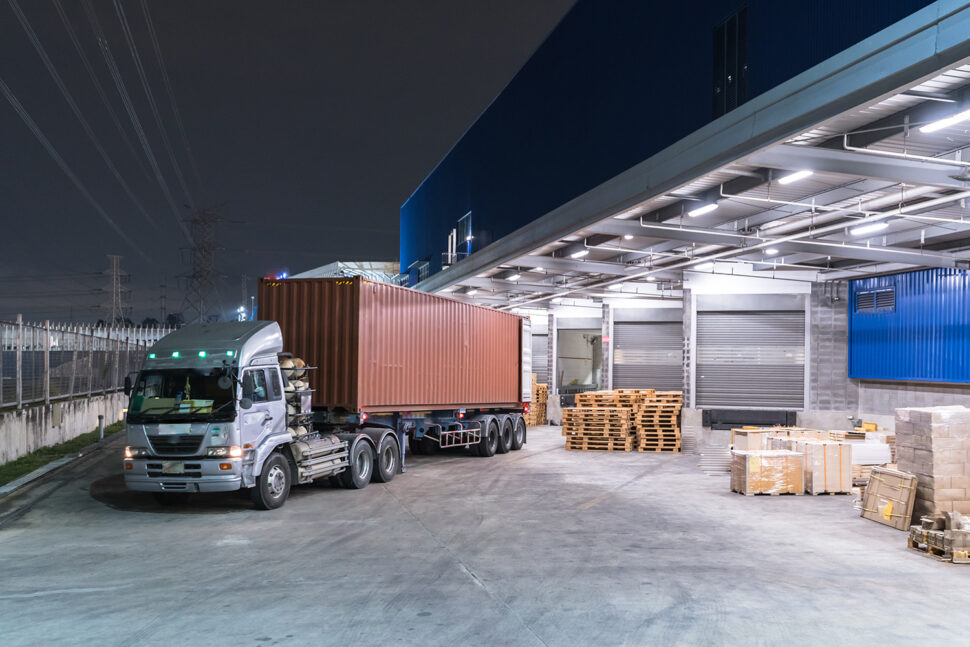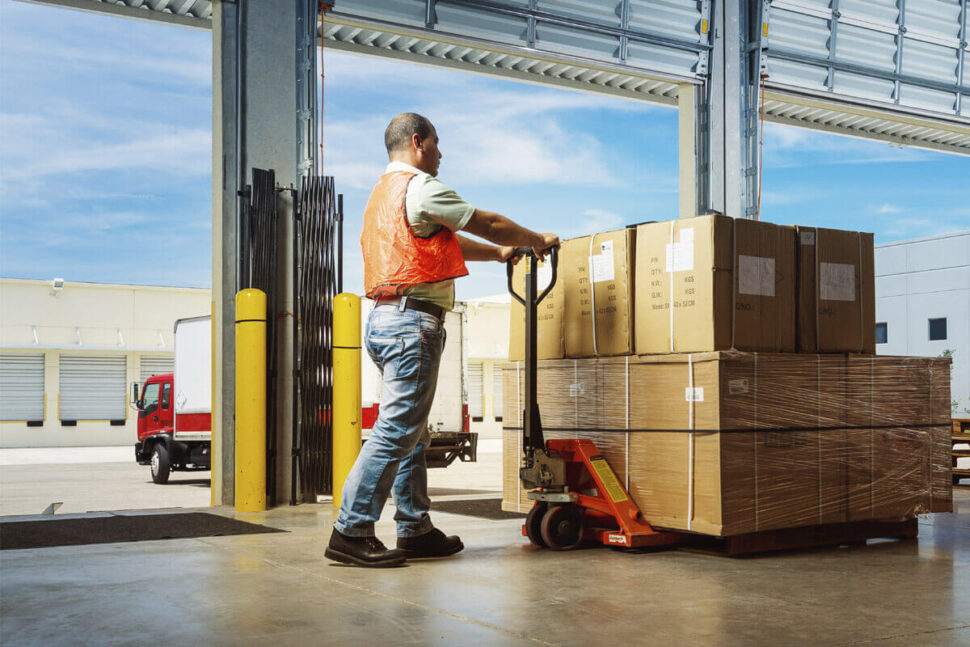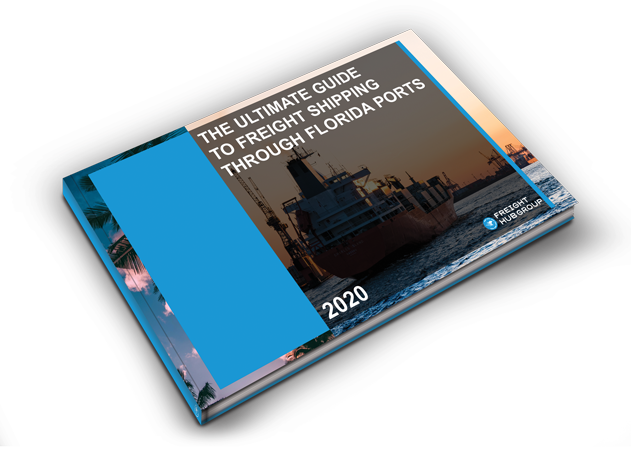The Difference between TMS And MTS In Transportation

You may have heard of transportation management systems (TMS) and transportation management services (MTS), but what do they actually mean? How are they different? And, more importantly, which one is right for your business?
In this blog post, we’ll break down the differences between TMS and MTS. We’ll also take a look at some of the key features of each, so you can make an informed decision about which option is best for your company.
What Does TMS Stand For?
Transportation Management Systems TMS are computer-based systems that help transportation managers optimize the use of resources and improve fleet operations. They can automate tasks such as dispatching buses, tracking vehicle location and performance, managing driver schedules, and more.
Market research indicates that the global transportation management system market was estimated at $5,467 million in 2019 and is expected to reach $11,367 million by 2027, growing at a CAGR of 9.6%. Streamlining the transportation process, a component of supply chain, is the objective of a transportation management system (TMS).
There are a few types of TMS: real-time TMS, which provide immediate updates on bus locations; batch or scheduled TMS, which allow for automated machine learning processing Transload and large data collection; and hybrid TMS, which combine elements from both real-time and batch/scheduled systems.
The benefits to using a TMS include increased efficiency in fleet management; improved customer service level by providing timely information about bus arrivals; reduced operating costs due to better utilization of assets; and enhanced safety through proactive monitoring of routes and vehicle makes cost saving process.

What Does MTS Stand For?
Managed transportation services MTS are a broader category of logistics and supply chain management that includes everything from access to a transport management system (TMS), to the provision of transportation resources and operations.
A TMS (as we talked about earlier) is an essential part of MTS, as it provides companies with centralized control over their transportation assets. This allows businesses to optimize their fleet utilization, track performance metrics, and manage customer relationships more effectively. In addition to providing these core capabilities, a TMS software can also provide additional features like route planning and freight routing.
A 3PL will operate and monitor the TMS technology for a company as part of the transportation services offered by MTS. This ensures that the company’s transported goods reach their destination in an efficient manner while meeting all regulatory requirements. By combining MTS with a TMS and transportation based 3pl, businesses can have complete control over their logistics operation-from start to finish..
What Does TMS and MTS Stand For In Trucking?
TMS and MTS are two acronyms that stand for transportation management system and managed transportation services.
TMS is a software application that helps truckers manage their fleets, while MTS provides the logistics support to help truckers with their transport needs. Both of these technologies play an important role in the modern trucking industry.
TMS (Transportation Management System)
- TMS solutions has become increasingly important as more companies have started using trucks to deliver goods across different parts of the world.
- By tracking all aspects of a truck’s journey, from loading and unloading to route planning, TMS can help drivers optimize their routes and make better decisions about where to pick up or drop off cargo.
- In addition, TMS can also provide information about freight rates and other logistical details so drivers can make informed choices about which loads they should take on board.
MTS (Managed Transportation Services)
- MTS is also essential in today’s market because it allows truckers to outsource some of the administrative work involved in transporting goods.
- This includes things like booking transport contracts, managing payments, and ensuring shipments arrive on time.. By taking care of these tasks for Truckers.
- MTS providers can free them up to focus on more strategic tasks such as driving their trucks safely and efficiently around the clock.

Difference between TMS and MTS In Transportation
TMS (transportation management system) is the most common type of MTS. TMSs are used by large companies to manage their fleet of vehicles, track driver performance, and optimize routes. They can also be used to provide ride-sharing services or shuttle service between various locations
A managed transportation system (MTS) is a type of technology that helps people get around more easily. MTSs are different from traditional taxi services in that they are designed to manage the entire transportation process for their customers, including booking and tracking rides, managing payments, and providing customer support.
Benefits of Transportation Management System in Trucking:
There are many benefits of implementing a transportation management system tms in your trucking business:
- Improved safety – A TMS can help track trucks throughout the supply chain for better visibility into cargo loading/unloading processes. This visibility helps prevent accidents from happening and makes it easier to identify problems early on so they can be corrected before they lead to serious consequences.
- Reduced fuel consumption – By automating many routine trucking tasks, a TMS can help drivers conserve fuel by taking advantage of optimized routes and avoiding unnecessary stops along the way. In addition, fleet managers can monitor fuel levels in each vehicle to ensure that trucks are running at peak efficiency all the time.
- Increased productivity – By streamlining operations across the entire supply chain, a TMS can boost
Benefits of Managed Transportation System:
There are several benefits to using an MTS:
- On-demand transport – This option allows drivers to request pickups at any time or location they want, making it ideal for short-term assignments.
- Fixed route transport – With this type of service, drivers can plan their routes in advance and save on fuel costs by travelling along pre-determined routes.
- Scheduled deliveries – A scheduled delivery service lets you set up regular times for your trucks to arrive at designated locations. This is useful if you need your trucks delivered on schedule but don’t have enough space available on your fleet for on-demand pickups.
Recent Posts
Watch our Podcast

THE ULTIMATE GUIDE TO FREIGHT SHIPPING THROUGH FLORIDA PORTS
When it comes to ocean freight shipping in Florida, there is a lot to know to ensure you follow the appropriate steps when shipping into and out of Florida Ports.
Just enter in your email address and receive your FREE E-Book in minutes!